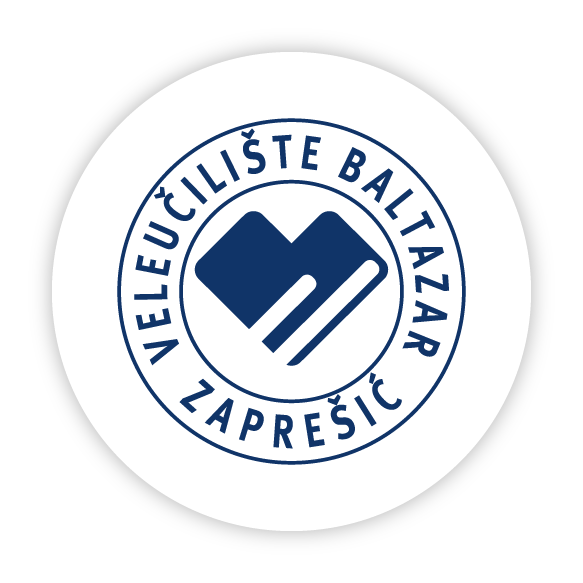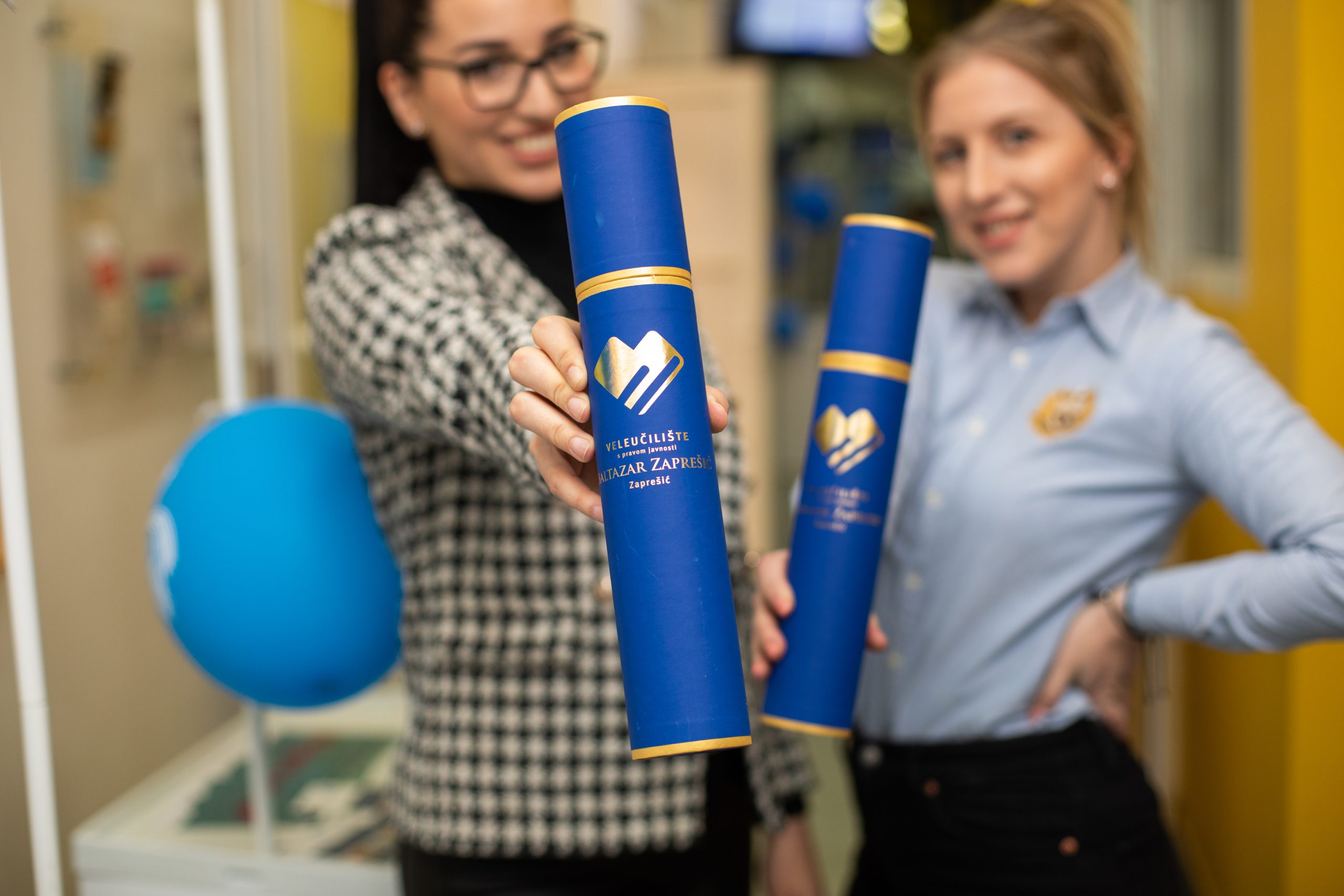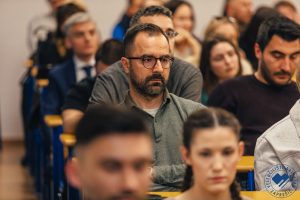Internships within the Erasmus+ program can last from a minimum of two to a maximum of 12 months, provided that they are completed for 30 to 40 hours per week. Exceptionally, students in specific situations and with fewer opportunities can complete a short-term internship in which the physical part must last between 5 and 30 days with mandatory virtual mobility before, during and/or after the physical part of the mobility. The virtual part of the mobility is not limited in time. Internships can be completed in companies, training centers, and other organizations in EU member states and other program countries (Iceland, Liechtenstein, Norway, Macedonia, Serbia, and Turkey) as well as in other countries of the world through the international opening option. Internships cannot be completed in European Commission institutions, organizations whose activities include EU programs, or diplomatic missions of the Republic of Croatia abroad (a list of institutions in which internships may not be completed is available here.) Places for internships can be found on their own initiative, with the help of the home department, or with the help of offers published by the University. The student is obliged to independently contact the institution where he will perform his professional practice and agree on the details, and before applying for the Competition he must obtain an acceptance letter from the accepting institution on the form provided for that purpose.
Students who decide to do an internship, in order to be eligible for Erasmus+ financial support, have the right to apply for the Erasmus+ Internship Competition, which is generally open all the time and available here. Students who are about to graduate are also eligible to apply for the Competition, provided that they have student status at the time of application and that they complete the internship within 12 months of graduation. Students can receive monthly financial support through the Competition, which for Project KA131 amounts to €650 to €700 per month in kuna equivalent, depending on the cost of living in the host country. Students of lower socioeconomic status have the right to apply for additional financial support in the amount of €250 per month. In addition to students of lower socioeconomic status and refugees and asylum seekers, students belonging to the following categories are also entitled to an additional 250 euros of monthly Erasmus+ financial support: students who are children of Croatian war veterans, students from the Roma minority, students from alternative care, homeless students and those at risk of homelessness, students from rural areas of smaller towns and islands, and students who have completed vocational school. Due to possible increased costs when implementing the mobility period, students in specific circumstances are entitled to an increased amount of financial support in accordance with the costs arising from these circumstances (disability, chronic illness, etc.). Students cannot receive financial support if their stay is financed in parallel from European Union funds, and national/local scholarships that the student receives are not considered double financing. Applications for additional support for students of lower socioeconomic status as well as students in special categories are accepted within the framework of regular Erasmus+ competitions. All competitions and their results are published here.
After the results are announced, candidates are invited to an informational interview, followed by the drafting of an internship agreement, the allocation of financial support, the regulation of insurance abroad, and the organization of travel and accommodation.








